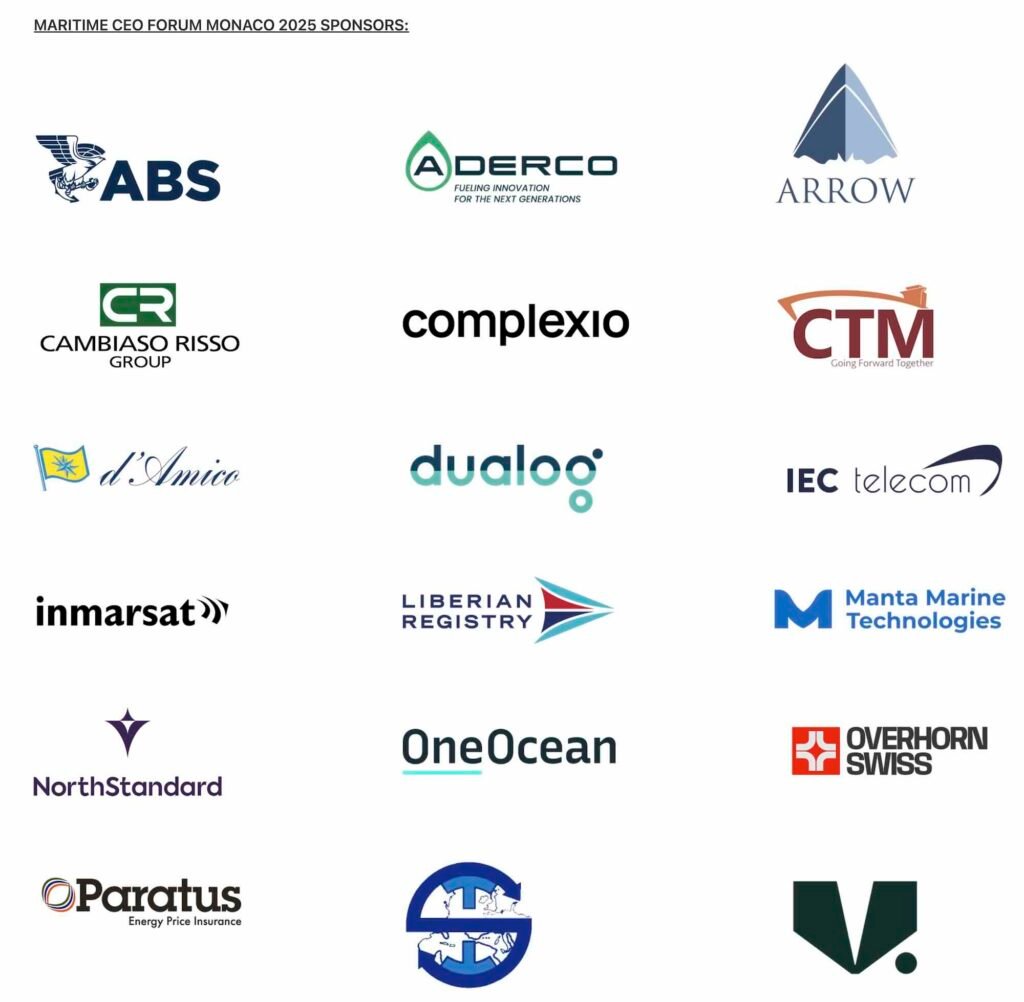In a breakthrough for global markets, President Donald Trump has secured a far-reaching deal for US-China trade. The agreement with Chinese President Xi Jinping de-escalates tensions between the world’s two largest economies.
According to the official White House fact sheet, the agreement includes China’s commitment to suspend new export controls on rare earths and critical minerals. They will also halt the flow of fentanyl precursors to the United States and remove all retaliatory tariffs and non-tariff measures implemented since March 4, 2025.
On the American side, the deal will see a 10% reduction in tariffs on Chinese imports beginning November 10, 2025, along with extensions to key Section 301 tariff exclusions. The United States will also suspend for one year the implementation of responsive US-China trade actions connected to ongoing maritime and logistics sector investigations.
The Kobeissi Letter, a leading market newsletter, highlighted the significance:
“This is the BIGGEST de-escalation yet… This is not getting nearly enough attention.”
The US-China trade agreement also guarantees China’s purchase of at least 12 million metric tons of U.S. soybeans by year-end. China will also purchase at least 25 million metric tons annually through 2028.
US-Chain trade deal: market impact and outlook
The landmark arrangement effectively resets trade relations, removing a cycle of retaliatory measures that weighed on corporate profits and sowed supply chain uncertainty across key industries. Immediate beneficiaries of the US-China trade deal include U.S. agriculture, semiconductor manufacturing, and critical minerals production for electric vehicles and consumer electronics.
Financial analysts suggest risk assets such as equities, tech stocks, and digital assets may benefit from a renewed sense of stability. Crypto markets, which have lagged risk-on sentiment in recent months, could see an uptick in institutional flows as regulatory and trade uncertainty dissipates. Improved US-China trade relations can ease cross-border business for US-listed crypto firms and reduce headline-driven volatility.
Removal of tariff roadblocks and tech export restrictions is bullish for institutional portfolios, and crypto is increasingly a pillar in that mix. Should confidence spread across asset classes, expect renewed momentum for Bitcoin, Ethereum, and tokenized commodities that depend on global supply chains.
As the current truce unfolds, attention will shift to how both governments implement and maintain these commitments. The crypto sector, meanwhile, could see a reversal of its recent malaise given the risk-on signals and improved global trading conditions.
The worst bull cycle ever for crypto investors may find a much-needed second wind. For now, markets and policy watchers will be monitoring for follow-through, both on the ground and in the charts.


![[News] China Makes Breakthrough in Chip Technology, Paving the Way for Lithography Advancements](https://koala-by.com/wp-content/uploads/2025/11/China-chipmaking-FREEPIK-20250108-624x350.jpg)





